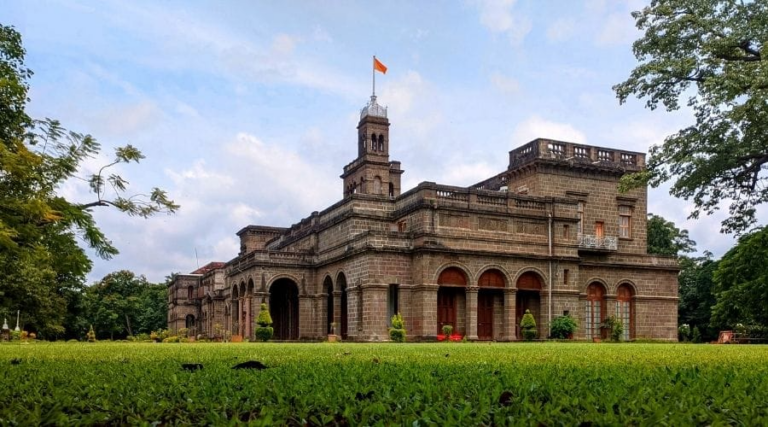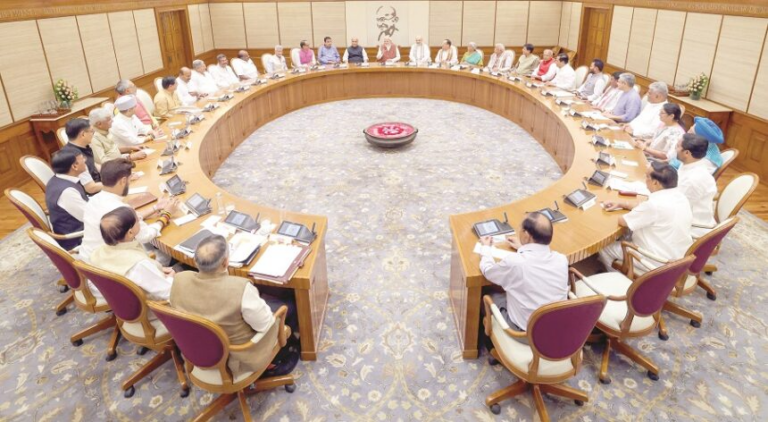
Mumbai : What began as a policy aimed at transforming Indian education has now become a matter of unrest at one of Maharashtra’s most prestigious institutions. Mumbai University witnessed a wave of protest as college teachers and senate members raised serious objections to the way the National Education Policy (NEP) 2020 is being implemented.
Gathered outside the university’s historic Fort campus, members of the Bombay University and College Teachers’ Union (BUCTU) and Yuva Sena (UBT) held a sit-in protest, alleging that the reforms were introduced hastily, without proper planning or consultation. The protestors, including 18 elected senate members, were briefly detained by the police and taken to Azad Maidan, but were later released.
At the heart of the protest was a common message: “This is not how reforms should be done.”
The faculty accused the administration of rolling out interdisciplinary and co-curricular courses without providing adequate support or training. They claim that this not only dilutes core academic subjects but also puts students’ career prospects at risk.
Teachers also flagged the removal of Environmental Science—a subject made mandatory by the Supreme Court—from the new curriculum structure. According to them, this is a clear violation of legal guidelines and educational responsibility.
Moreover, due to faculty shortages in some departments, professors are being forced to teach subjects outside their expertise, further affecting teaching quality.
Apart from the curriculum-related issues, faculty members also criticized the university’s examination department, citing delays in results and frequent technical glitches. Several regional sub-centers affiliated with the university reportedly lack basic facilities, making it nearly impossible to implement NEP directives effectively.
Adding to the controversy, the university had earlier issued a circular prohibiting any protests without prior permission. Teachers condemned the move, calling it an attack on their right to express concerns and freedom of speech.
Speaking to the media, Pradeep Sawant, a Yuva Sena representative and senate member, said:”We’re not against the NEP itself. But the way it’s being rushed through—without resources, without planning—is harmful. The future of thousands of students is at stake.”
The incident at Mumbai University highlights a broader issue across India’s higher education system: top-down reforms with little grassroots preparation. While NEP 2020 promises a more holistic, flexible education model, its success hinges on infrastructure readiness, teacher training, and inclusive decision-making—factors that many say are being overlooked.
Stay with Abhyspeeth for more insights into educational policy, student movements, and higher education developments across India.




